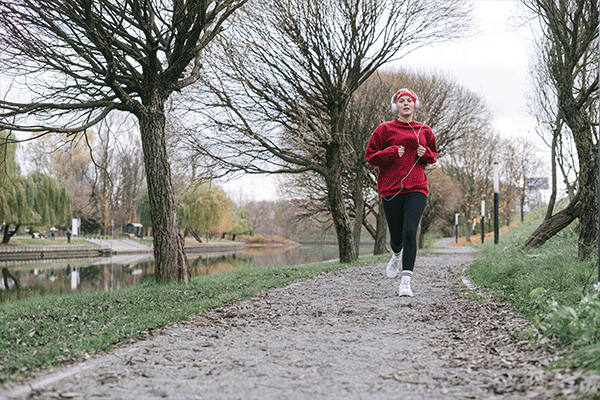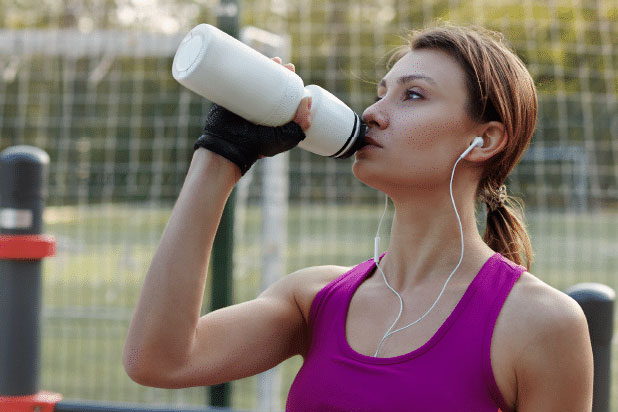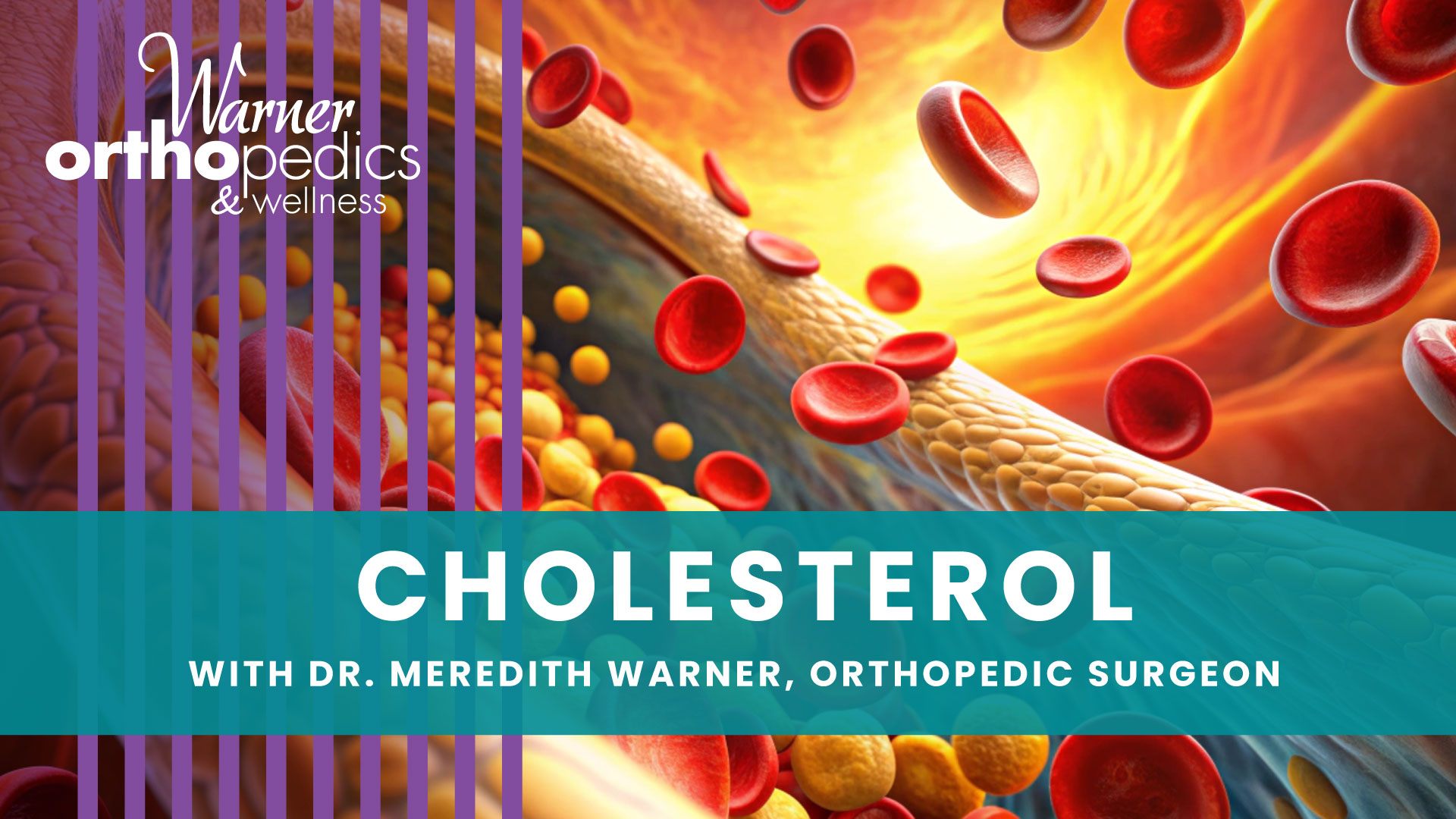5 Tricks To Recover Quickly After A Workout

Workouts can leave you sore and tired. Regardless of what kind of workout you are doing, the steps you take after your workout are important. But you do not need to worry because there are some really simple steps you can take to help you recover more quickly after a workout. One of the issues with exercise is the ratio of time spent exercising to time spent recovering. The amount of time in recovery should increase as you age.
Drink Lots Of Water
Proper hydration before, during, and especially after a workout is vital. Without enough water, your body is going to have a hard time getting back to normal. Your body has most likely used up a lot of water after exerting all that energy you spent working out. Heat is a byproduct of muscle and ligament movements during exercise; the excess heat is removed from the body by sweat before it can cause damage. This too will deplete one of the needed hydrogen and oxygen molecules.
Water provides your body with vital oxygen and hydrogen along with nutrients that your cells need to recover and build muscle flexibility, strength, and prevent soreness. You should drink at least 16 oz of water or low-sugar sports drink after your workout.

Eat a healthy snack
To help replenish your energy and kick-start the recovery process, you should plan to eat a healthy snack or meal within 45 minutes of finishing your workout session. Your body just spent a lot of energy during your workout.
You will want to go for something that contains a good amount of healthy carbohydrates and protein like whole grains and lean meats. The carbs will restore the glycogen that your muscles require for energy. Protein provides amino acids that help your muscles repair and recover.
Bear in mind, it is counterproductive to eat energy-dense snack foods or energy bars. You would probably need to run 3 miles to make up for a single ‘healthy’ energy bar. The time it takes to eat that bar is about 30 seconds. The time it takes to run for that bar would be 18-30 minutes depending upon pace. It is far better to snack on low-energy-density foods; this would include apples and oranges and things like that.
Warmup and Cooldown Exercises
Warmup exercises slowly prepare your cardiovascular system and muscles for your workout session. Warming up can reduce muscle soreness and lessen your risk of injury.
Cooldown exercises are very important starting the recovery process in the body. Cooling down allows your heart rate and blood pressure to gradually return to normal. This can prevent you from feeling lightheaded or dizzy after your workout.
Post Workout Massage
By adding a massage into your workout regime, you can help prevent delayed onset muscle soreness. A massage will increase blood flow and speed up muscle recovery. Massage also feels really good for tired and used muscles.
A 2020 study review found the post-workout massage has a small but noticeable effect on muscle flexibility and delayed onset muscle soreness. [1]
Get Enough Sleep
Sleep is vital when it comes to recovering from a workout. Sleep is a function our bodies perform to ensure growth and recovery. When we sleep our bodies get to work repairing themselves from daily stresses and inflammation. It doesn’t take long to destroy a living creature by keeping it awake. Lack of sleep is far more detrimental than one would like to believe.
Some people who do intense workouts and professional athletes tend to sleep on average 10 or more hours a night when compared to the average 6-8 hours the average adult gets.

Some people who do intense workouts and professional athletes tend to sleep on average 10 or more hours a night when compared to the average 6-8 hours the average adult gets.





